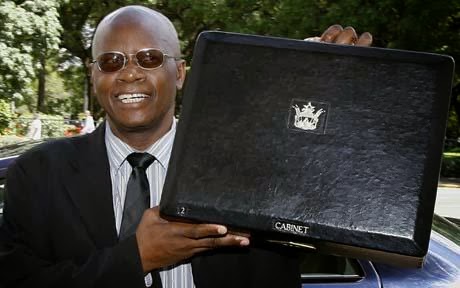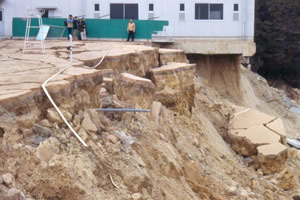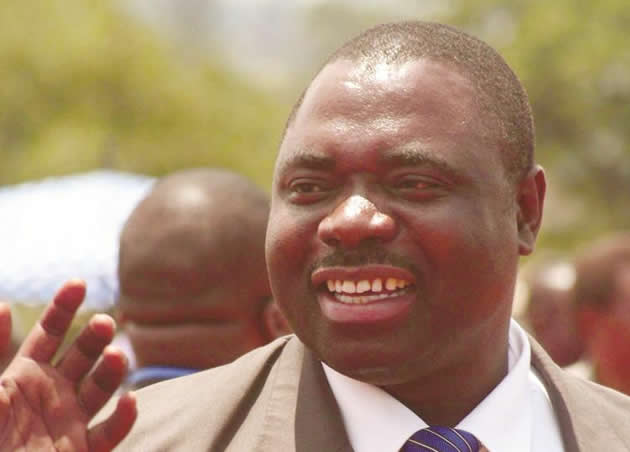Tariff relief for industry, tourism,mining

Prosper Ndlovu Business Editor
THE government has pegged the power tariff for tourism, mining and manufacturing sectors at six cents per kilowatt hour in a move aimed at reducing production costs and enhancing improved output.
High energy costs amid poor electricity supply have been cited as one of the numerous barriers to domestic industry efficiency compared to regional producers.
Presenting the mid-term fiscal policy review statement in Harare yesterday, Finance and Economic Development Minister Patrick Chinamasa said the government was working tirelessly to foster industrial revival and boost economic growth.
“The government’s focus is on enhancing industry competitiveness. You’re aware that Cabinet recently reduced power tariffs for chrome ore producers to 6cents/kw/hr. I, therefore, extend this tariff to mining, tourism, irrigation farming and manufacturing,” said Minister Chinamasa.
In April this year, the Zimbabwe Electricity Transmission Distribution Company cut the power tariff for ferrochrome producers by about 21 percent to improve their viability.
The sub-sector had sought a tariff cut to cushion themselves from depressed global prices. The power utility then agreed on a 6,7cents/kw/hr tariff from 8,5cents/kw/hr following a Cabinet recommendation.
He noted industry concerns over investment barriers that include among others — high labour, utilities, technology and transport costs as well as a multiplicity of regulatory charges and taxes.
He pledged the government’s commitment to creating an enabling investment climate, working harmoniously with key stakeholders such as industry, finance institutions, labour and international finance houses.
Among the highlights of the minister’s mid-term budget review statement is the extension of the tax amnesty to October, 3,5 percent projected growth in mining output, five percent in tourism with a GDP growth rate of 1,5 pct from 3,2 percent.
Minister Chinamasa said the prevailing double digit lending rates were preventing the recovery of the manufacturing sector.
He expressed concern over an outstanding salary burden at government parastatals such as the NRZ, which is saddled with a $140,1 million debt, Air Zimbabwe ($136,4 million) and GMB ($20 million).
Minister Chinamasa said exports receipts for the first half of 2015 grew 0.4 percent to $1,3 billion with imports increasing by two percent to $3,1bn.









Comments